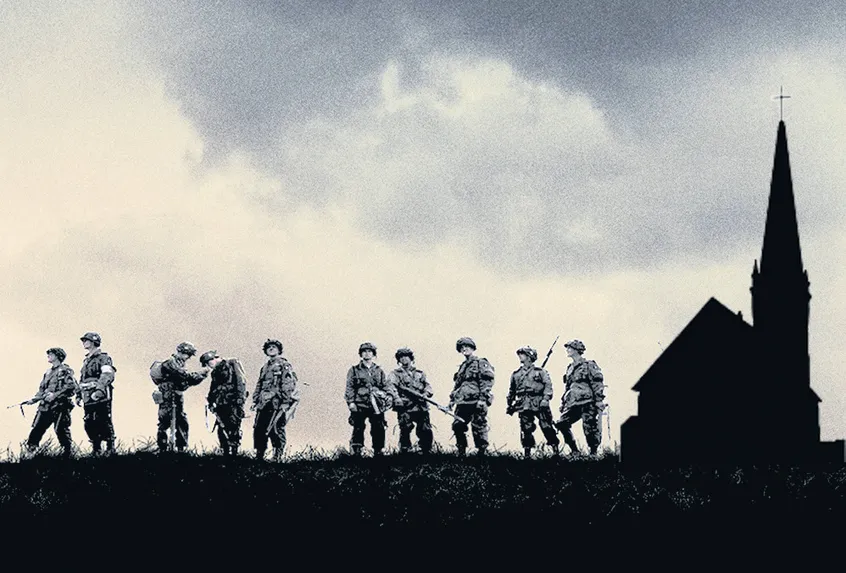Richard Underwood reflects on the results of a well-being survey of serving pastors
One of my favourite soundtracks comes from Band of Brothers.
This is an Emmy and Golden Globe-winning TV mini-series about the exploits of Easy Company of the US 101st Airborne Division in Europe during WW2. The Band of Brothers title, of course, originates with Shakespeare’s Henry V’s stirring speech before the battle of Agincourt in 1415.







